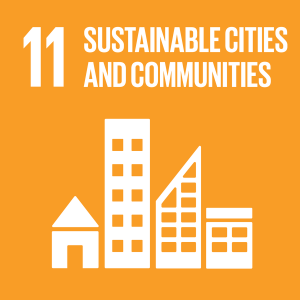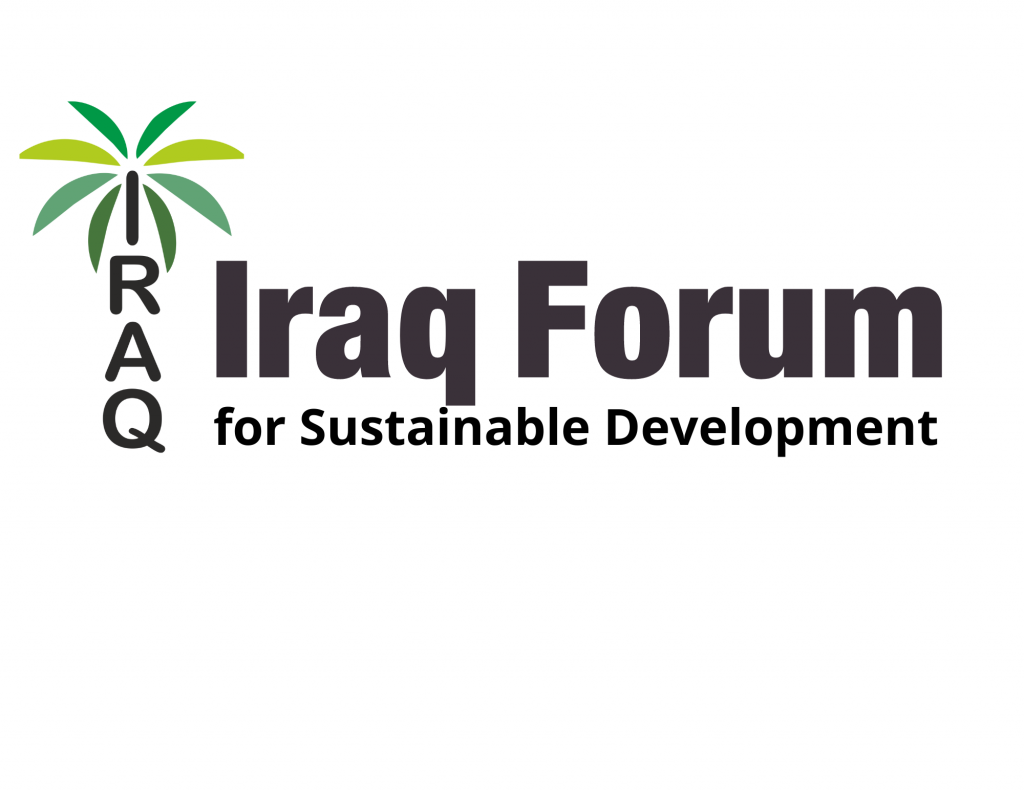Goal 11: Make cities and human settlements inclusive, safe, resilient and sustainable


- Due to the prevalence of the phenomenon of random housing and its exacerbation with the events of displacement and displacement, as the residents of these slums constitute about 12% of the total population in Iraq, and slums constitute about 16% of the total housing, and the government has taken, within its strategy to alleviate poverty 2018-2022, a policy and a map A road that aims to rehabilitate and settle informal housing in all governorates in coordination and cooperation with the United Nations Organization for Human Settlements (Habitat) aims to:
- • Addressing the problems of random gatherings through the application of equitable, effective and sustainable scientific solutions.
- • Strengthening the capacities of local and central coordinating authorities to implement mechanisms to mitigate uncontrolled and random urban sprawl.. About 90% of the preparatory stage has been completed.
- • After Iraq was exposed more than three years ago to the most serious threat to its existence and stability in the modern era as a result of the occupation of terrorist groups (ISIS) gangs and the forced displacement of more than four million citizens, a plan was prepared to restore stability and reconstruct the areas liberated from the control of the terrorist organization, which represents a comprehensive and prioritized response to the great damage Across all affected sectors and governorates, it extends for the next 10 years, and its implementation requires a budget that exceeds $100 billion in our estimates within the framework of two development plans, the first extending between 2018-2022 and the second between 2023-2028, from the state’s general budget over the years of the plan. The United Nations “Funding Fund for Immediate Stabilization” (established in 2015) is also in charge of implementing immediate projects in areas liberated from the grip of ISIS. The infrastructure in the governorates, parts of which were or are still under the control of the organization, suffered great losses. This comes within the goals 11 and 7 of the agenda.
- The National Housing Document 2010-2016 in Iraq, which included six goals to secure housing for citizens and develop the housing sector in Iraq.
- Developing villages, villages that suffer from the lack of development elements in them after providing an integrated database about them by conducting a comprehensive survey of villages in all governorates to select the candidate villages for development and establish development projects in them to serve their residents and the residents of the neighboring villages.
- A strategy for urban development in Iraq for the year 2015 for the purpose of identifying urban development alternatives, in cooperation with the Development Program for Human Settlements (Habitat) within the Local Development Program – Phase II implemented by UNDP in coordination with the governorates and funded by the European Union. Which takes into account the economic and social dimensions and environmental.
- Implementation of projects to build economic housing complexes and rehabilitate the homes affected by military operations for the poor.
- Implementation of projects to build low-cost housing complexes, giving priority to the poor returning IDPs, with small grants for restoration.
- Eco-tourism project in and around the reserves.
